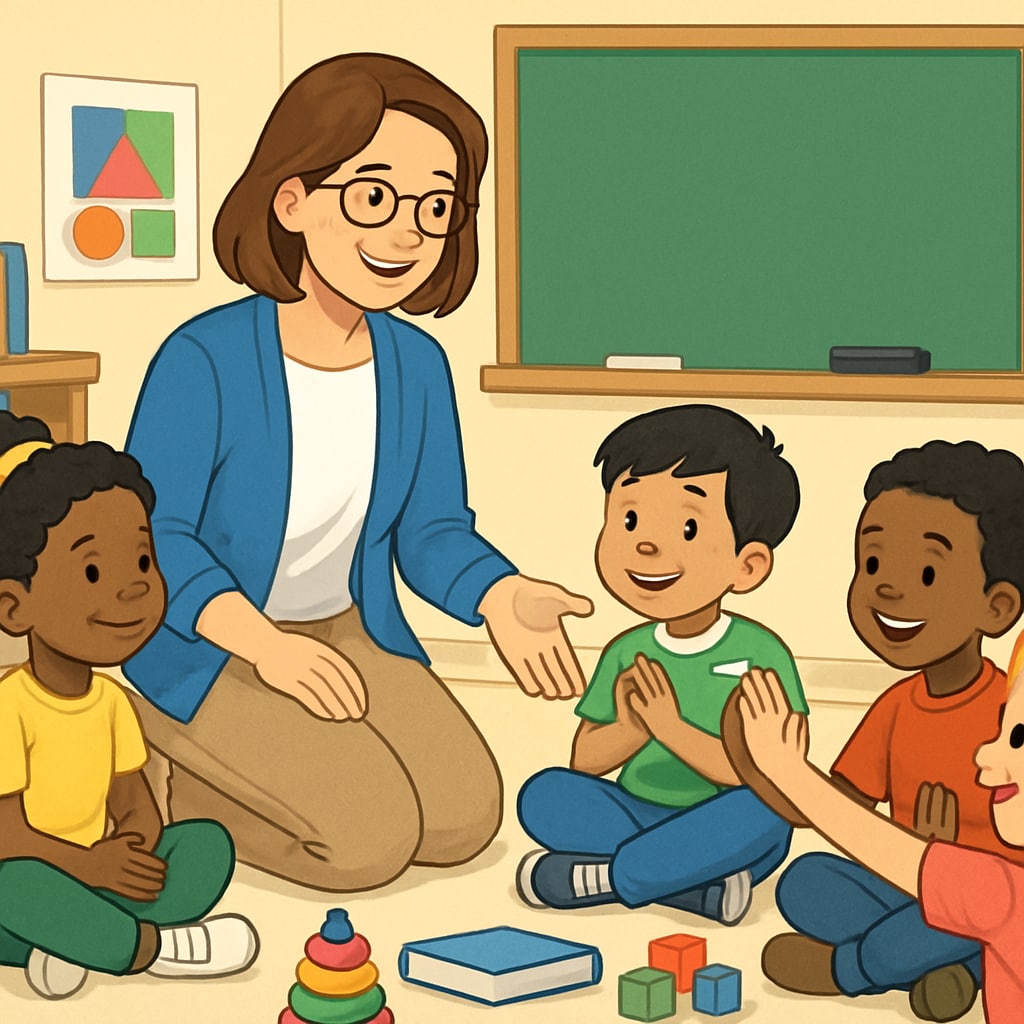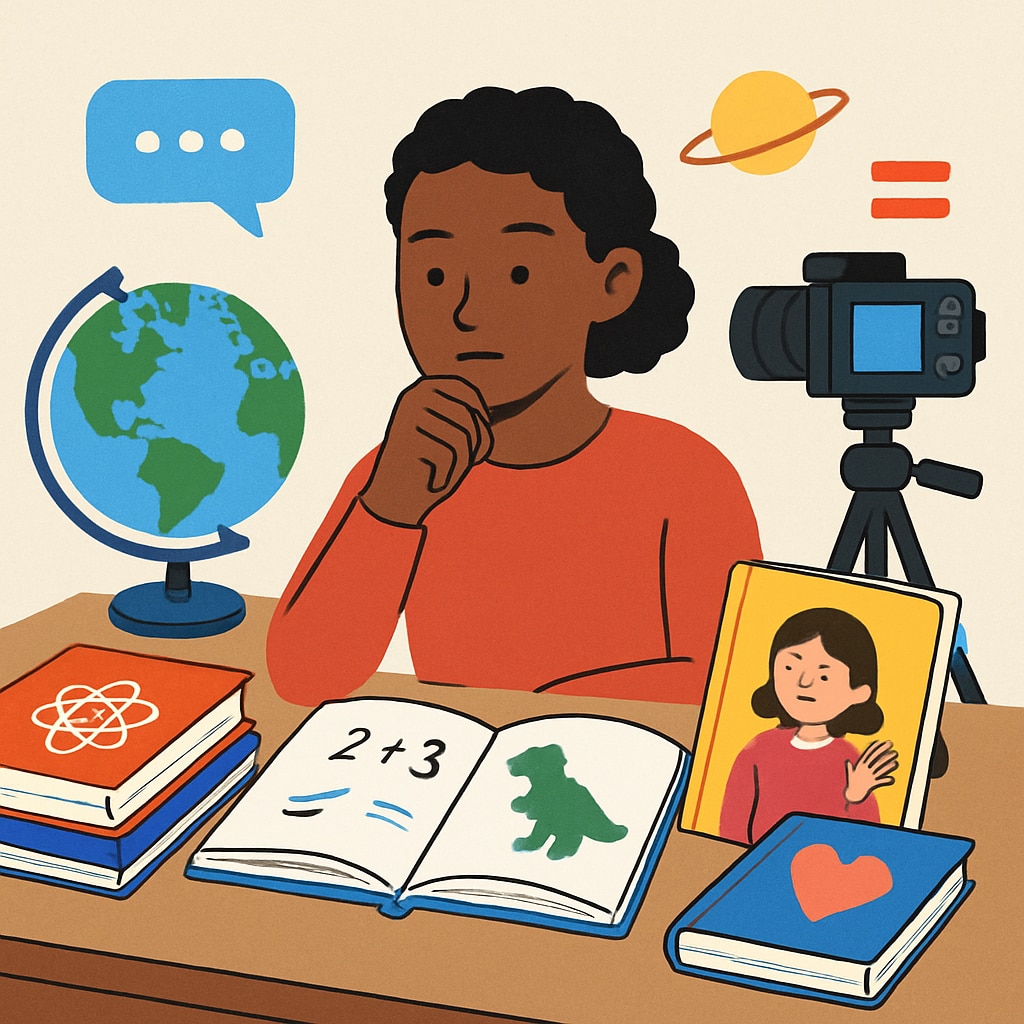In today’s interconnected world, content creators like Ms.Rachel hold significant influence in shaping young minds through their educational materials. However, this privilege also raises questions about their role in addressing broader humanitarian issues. Ms.Rachel’s remarkable contributions to children’s education have sparked discussions about the intersection of her professional focus and her social responsibility, particularly regarding complex global issues such as the Middle East. How should educators balance their mission of teaching with calls for humanitarian advocacy?

Understanding the Role of Educators in Society
Children’s educators like Ms.Rachel occupy a unique position in society. They are trusted figures who not only impart knowledge but also influence values and behaviors. The content they create often extends beyond traditional lessons, incorporating themes of empathy, kindness, and inclusion. This broader scope of influence naturally leads to questions about their responsibilities concerning humanitarian issues.
For example, viewers may expect educational figures to take a stand on pressing global matters, such as advocating for peace in conflict zones like the Middle East. While such expectations are well-intentioned, they can place undue pressure on educators, whose primary focus remains the cognitive and emotional development of children. Striking a balance between educational goals and social advocacy is no easy task.
The Challenges of Addressing Humanitarian Issues
One of the main challenges that Ms.Rachel and similar educators face is determining how to address humanitarian topics without alienating their audience or compromising their professional integrity. Viewers often hold diverse opinions on sensitive issues, and content creators must navigate these waters carefully to avoid polarizing their audience.
Additionally, educators must consider the developmental stage of their audience. Children’s content is designed to be age-appropriate, and discussions about complex, sensitive topics like the Middle East may not align with the cognitive and emotional readiness of young viewers. As a result, Ms.Rachel and others may opt to focus on universal values such as compassion and mutual respect, rather than delving into specific geopolitical issues.

Balancing Professionalism and Social Responsibility
So, how can educators like Ms.Rachel balance their professional duties with their social responsibilities? Here are a few strategies to consider:
- Focus on Universal Values: Instead of addressing specific conflicts, educators can emphasize themes like peace, empathy, and diversity, which are universally applicable and resonate with a wide audience.
- Engage in Private Advocacy: While public statements may be scrutinized, educators can support humanitarian causes privately through donations or partnerships with organizations.
- Provide Resources for Parents: Educators can offer parents guidance on how to discuss complex issues with their children, empowering families to take on these conversations in a manner best suited for their values and beliefs.
- Collaborate with Experts: Partnering with humanitarian organizations or experts can help educators provide accurate and balanced information if they choose to address global issues.
By adopting these strategies, educators can maintain their professional focus while contributing to broader societal conversations in a meaningful way.
Ms.Rachel as a Case Study
Ms.Rachel’s work exemplifies the delicate balance between educational professionalism and social responsibility. Her content, celebrated for its inclusivity and focus on early childhood development, demonstrates how educators can incorporate humanitarian values without directly engaging in political discourse. By modeling empathy and respect in her programs, she lays the foundation for children to grow into compassionate global citizens.
However, as her platform grows, so does the scrutiny. Audiences may call for her to take a public stance on global issues, such as conflicts in the Middle East. This expectation underscores the broader dilemma faced by educators: how to use their influence responsibly without straying from their core mission of education.
Ultimately, Ms.Rachel’s approach highlights the importance of maintaining a focused yet flexible stance. Educators can inspire change by embedding humanitarian principles into their work, even if they choose not to address specific issues directly.
In Conclusion: The role of children’s educators like Ms.Rachel extends far beyond teaching basic skills. It involves shaping the moral and ethical framework of future generations. While the expectation to engage in humanitarian advocacy is understandable, it is crucial to respect the boundaries of their professional focus. By prioritizing universal values and partnering with experts, educators can contribute meaningfully to societal progress while staying true to their mission.


